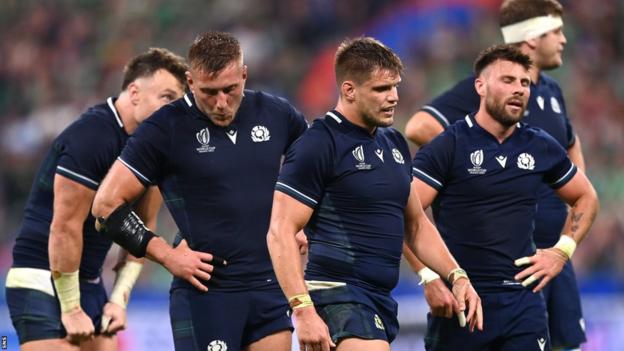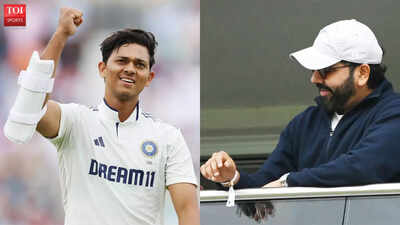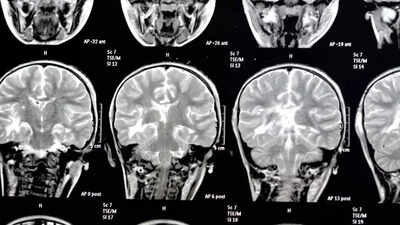Midway through his valedictory press conference on Friday, Mark Dodson said something that cut to the heart of his approach as the now out-going chief executive of Scottish Rugby. “Never complain and never explain,” he said, before adding he never had much interest in, or much hope of, being popular in the role.
Dodson was a highly paid corporate bruiser, a man who saw a labyrinthine system of governance at Murrayfield and decided the only way to get things done was to be direct and uncompromising.
That attitude was both a strength and a weakness. Financial intelligence and emotional intelligence are two different things.
His critics will tell you that Dodson had an impressive amount of the former and not nearly enough of the latter. The unfair dismissal of former director of domestic rugby Keith Russell in 2017 was one example.
Then there is the aftermath of the death of former player Siobhan Cattigan. The Cattigan family criticised the SRU for, among other things, a lack of humanity and reserved special condemnation for an uncaring dismissiveness from Dodson.
New SRU chairman John McGuigan has subsequently done what Dodson did not do by meeting and apologising to the family, a move that only made Dodson’s reticence look even worse.
Asked on Friday if the fallout was part of the reason he is leaving now as opposed to next year when his contract expires, he said it played no part in his decision. Dodson wasn’t prepared to talk any further on that front.
By saying nothing, he only added to the depth of feeling that already exists about his handling of this desperately sad story.

“Stick to the task… drive things through.” More words from Friday and, in a sense, a mantra of his times.
He took over as chief executive in 2011 when performance on the pitch was grim. With Scotland now ranked sixth in the world and Glasgow Warriors and Edinburgh doing a decent job of competing with the big guns, these are halcyon days in comparison.
In the season that Dodson joined Scottish Rugby, Edinburgh finished eighth in the Celtic League and Glasgow finished 11th – out of 12. Edinburgh were playing in the empty bowl of Murrayfield. Glasgow were in temporary accommodation – Firhill, home of Partick Thistle. Both have proper homes and stronger identities now.
In 2011, Scotland were knocked out of the World Cup in the pool stage for the first time. They finished fifth in the Six Nations, which was standard. In the previous four years they were fifth, fifth, fifth and sixth.
Dodson’s view was that more money – lots of it – needed to be generated to improve things and he was a ferocious negotiator in the pursuit of it, unsentimental when chasing cash on behalf of his union.
There are so many examples of his singular focus, but here’s one. When Scotland voted against Ireland in the race to host the 2023 World Cup, the IRFU was shocked that a Celtic brother would “betray” them, as some in Dublin saw it.
The way Dodson saw it, Ireland was not bringing enough cash to the table – and cash was king in his world. Helping out a neighbour for the sake of it made no sense to him when there was more money from a rival bid. You could call his approach black and white, but mostly it was about the green, as the Americans might put it.
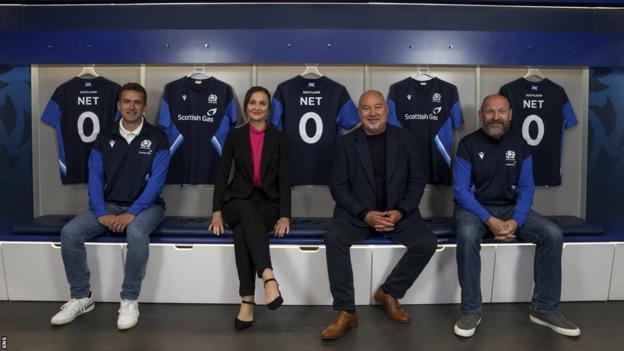
In a rugby sense, Scotland is in a much better place now compared to 2011, even if it doesn’t feel like it at times. There are all sorts of nuances involved here. Dodson has done big deals that have raised new money and he has driven extra resources towards Glasgow and Edinburgh, but only one trophy has been won on his watch – in 2015.
The lack of young talent coming through is at crisis level. The fact that no player has made it from the under-20 system to the Test arena in four years is an embarrassment. As performance director, Jim Mallinder carries the can, but Dodson was the one who appointed him.
For a man who got it right when appointing Vern Cotter, Gregor Townsend, Dave Rennie, Richard Cockerill and Franco Smith to the most senior coaching positions, the move for Mallinder looks like one of his mis-steps – one with major consequences.
There’s a new 10-year strategy plan being worked on now. Like Dodson, Mallinder won’t be around to play a part in it.
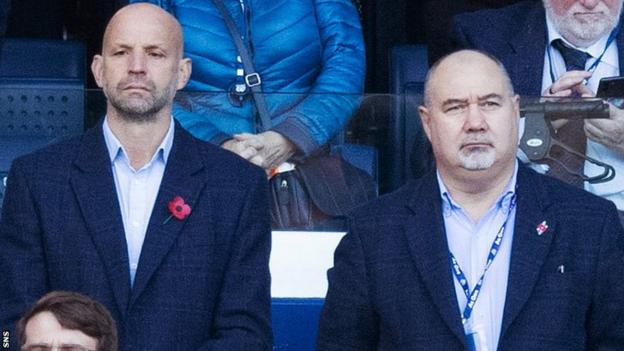
In clubland, there is disaffection at so much money being pumped into the professional game. The grassroots feel neglected.
That sense was established long before Dodson arrived, but it’s only intensified. That said, the women’s game has never been more heavily supported. Nuances again.
The national men’s team has never had such backing. They’ve improved, unquestionably, but they’ve still to properly compete for a Six Nations title, a curse that has lived with them for almost a quarter of a century.
Dodson has thrown everything he had to improve Scotland’s fortunes on the big stage. During 2023, they got to world number five, as high a ranking as they’ve had. They also exited the World Cup tamely, their second early exit in a row. The group was brutal, but Scotland’s challenge was feeble.

It was in the wake of the World Cup that Dodson decided to call it a day. His decision, he says. His contract was up in 2025, but nobody expected this. His announcement was a surprise.
He says the summer is the right time to go and there will be broad agreement on that. He’s a streetfighter, but 13 years is an eternity in that world. He must have scars, even if he’s unprepared to show them.
He wouldn’t talk about regrets. He took a straight bat to questions about things he did that he wished he hadn’t done and had the same stoicism about things he didn’t do that he wished he had.
There was little emotion beyond saying he was privileged to have had the job for so long. He said he’ll leave talk of legacy to others.
No sooner had his announcement come up than people were pondering that very point. Good and bad. Light and shade. After more than a dozen years, the judgment will rage on and on.



